GREEN DRAGON COSTA RICA SUBSCRIPTION
From: $40.00 / week
If you love Green Dragon Costa Rica, then save yourself some time on a go-forward basis and lock it down with a subscription. Just select how much coffee you’d like per shipment and how often you’d like to receive it. You’ll get the first shipment in just a matter of days.
The Palmichal Mill in Costa Rica’s Central Valley supports small farmers from across the West and Central Valley. This mill provides an opportunity for farmers who produce high quality coffee to receive premium pricing for their efforts. The folks behind the Palmichal Mill pay farmers far more promptly and competitively than the vast majority of other mills in Costa Rica. This practice, while ethically sound, also grants them access to some of the top lots of coffee from across the country. Palmichal produces washed process co-op lots in addition to natural and honey-process micro lots.
Las Lajas is owned and operated by the Chacón family who are third generation farmers and have an accumulative 80 years of family farming history. Their 38-hectare farm is divided into several parcels, each with various shade tree species and unique micro-climates, allowing for diverse coffee processing methods, including natural, honey, and washed. The Chacón family has continuously pushed the boundaries of coffee processing. Their commitment to sustainability and quality has earned them a reputation for producing wild and juicy coffees that offer complex and rich profiles
Caturra and Catuai are the most common coffee varieties in Costa Rica. These varieties, when processed well, lead to a cup profile of sweet citrus, like orange blossom, as well as notes of green grape and honeydew. As you drink a swell mug of Green Dragon, you’re supporting a progressive industry and Farm-To-Cup companies that seek to find collaborative, ethical, non-exploitive means to carry forward the dream of specialty coffee.
#CostaRicaGreenDragon
| Tasting Notes | Sweet/Delicate |
|---|---|
| Body (1-5) | 3 |
| Brightness (1-5) | 4 |
| Farm | Palmichal Mill and Las Lajas |
| Variety | Caturra, Catuai |
| Altitude | 1200-1600 masl |
| Process | Washed, Semi-Washed |
HAPPINESS GUARANTEE
Good coffee and kind actions fuel the soul. We care about your happiness, so we hired some of the nicest, most amazing human beings we could find to help with any coffee-related needs you have. Seriously, reach out. Even just to say hi, from one coffee geek to another (we hope you don’t mind us calling you a coffee geek, it’s pretty much the highest honor we can bestow).
If you are not completely satisfied with our product, you may reach out to us within 30 days from the date of purchase (please have dated proof of purchase from your order at stonecreekcoffee.com) for a free replacement of the same product or a different product of the same price.
Replacements are limited to the original purchaser and one item per customer. We reserve the right to deny any request that we believe, in our absolute discretion, is abusive of this policy. To obtain an exchange, please contact us at customers@stonecreekcoffee.




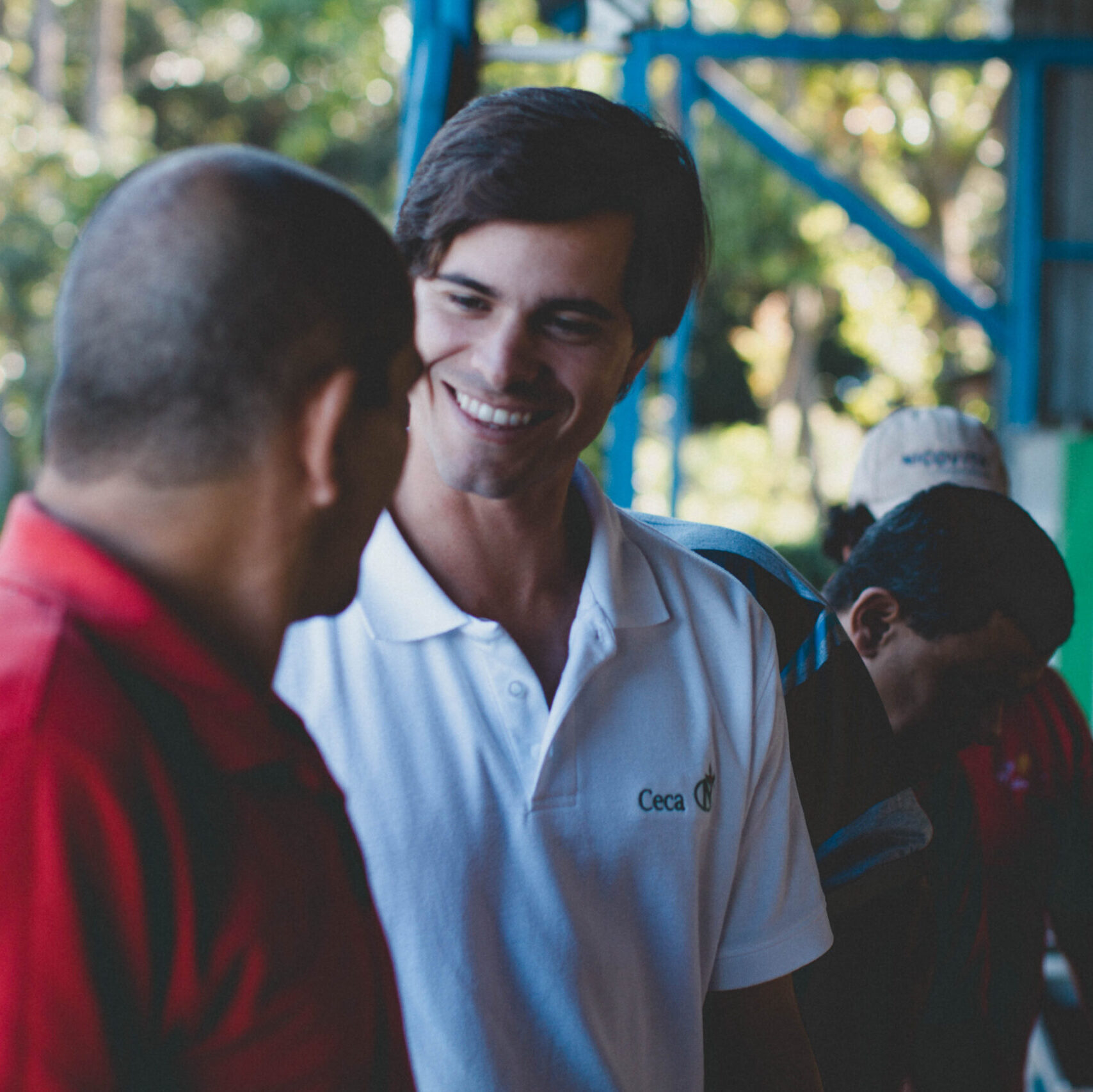
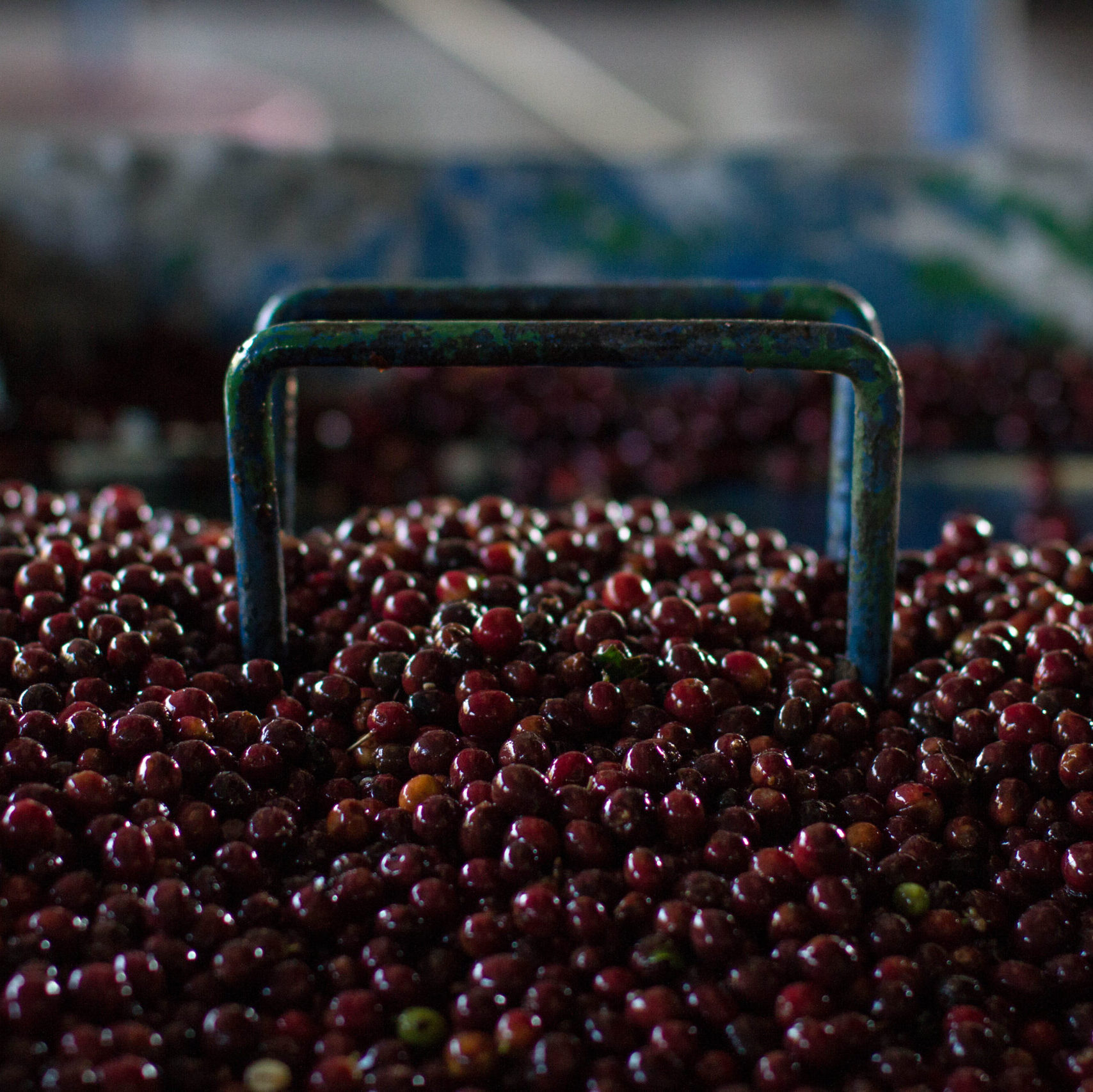
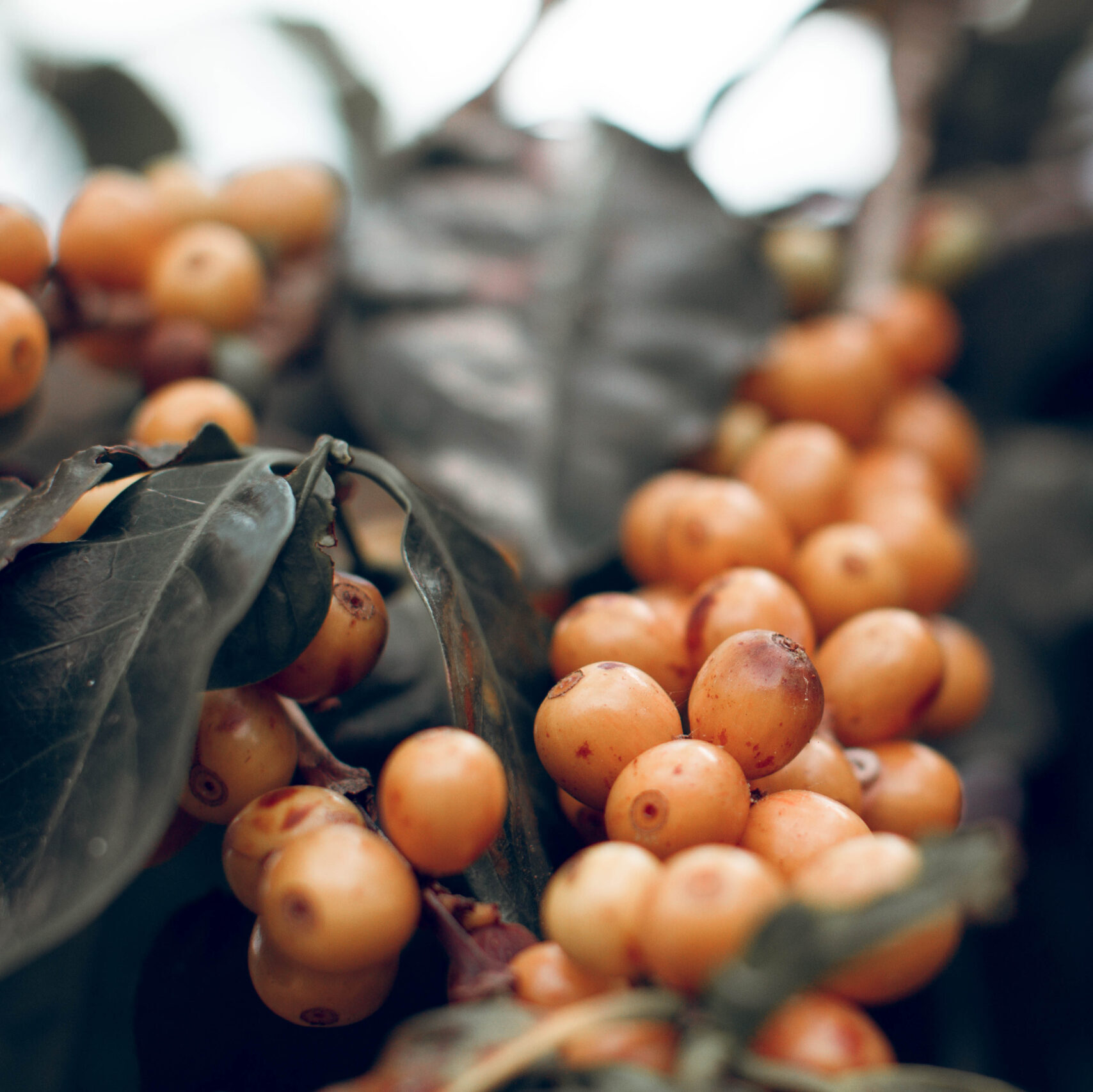
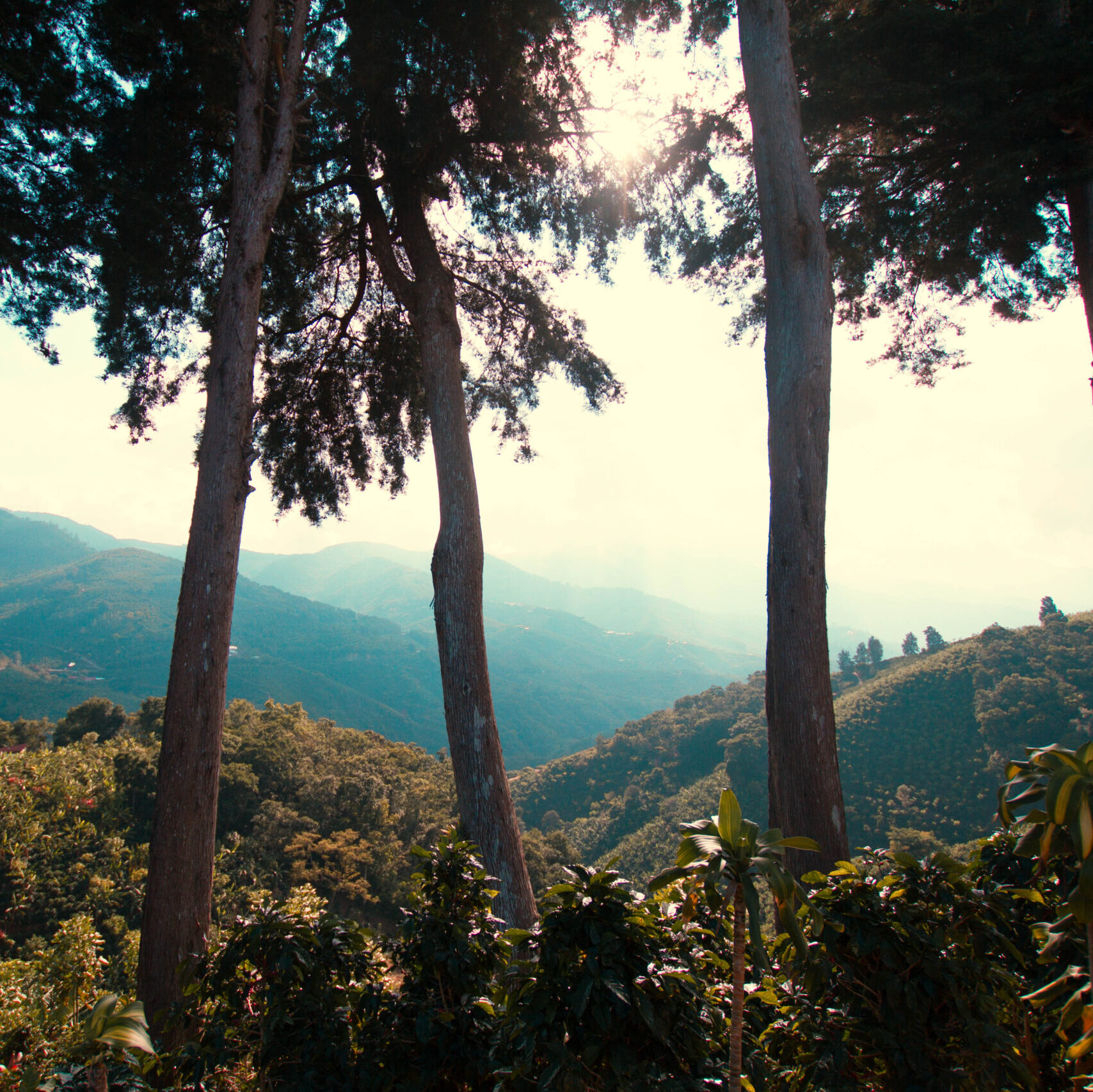
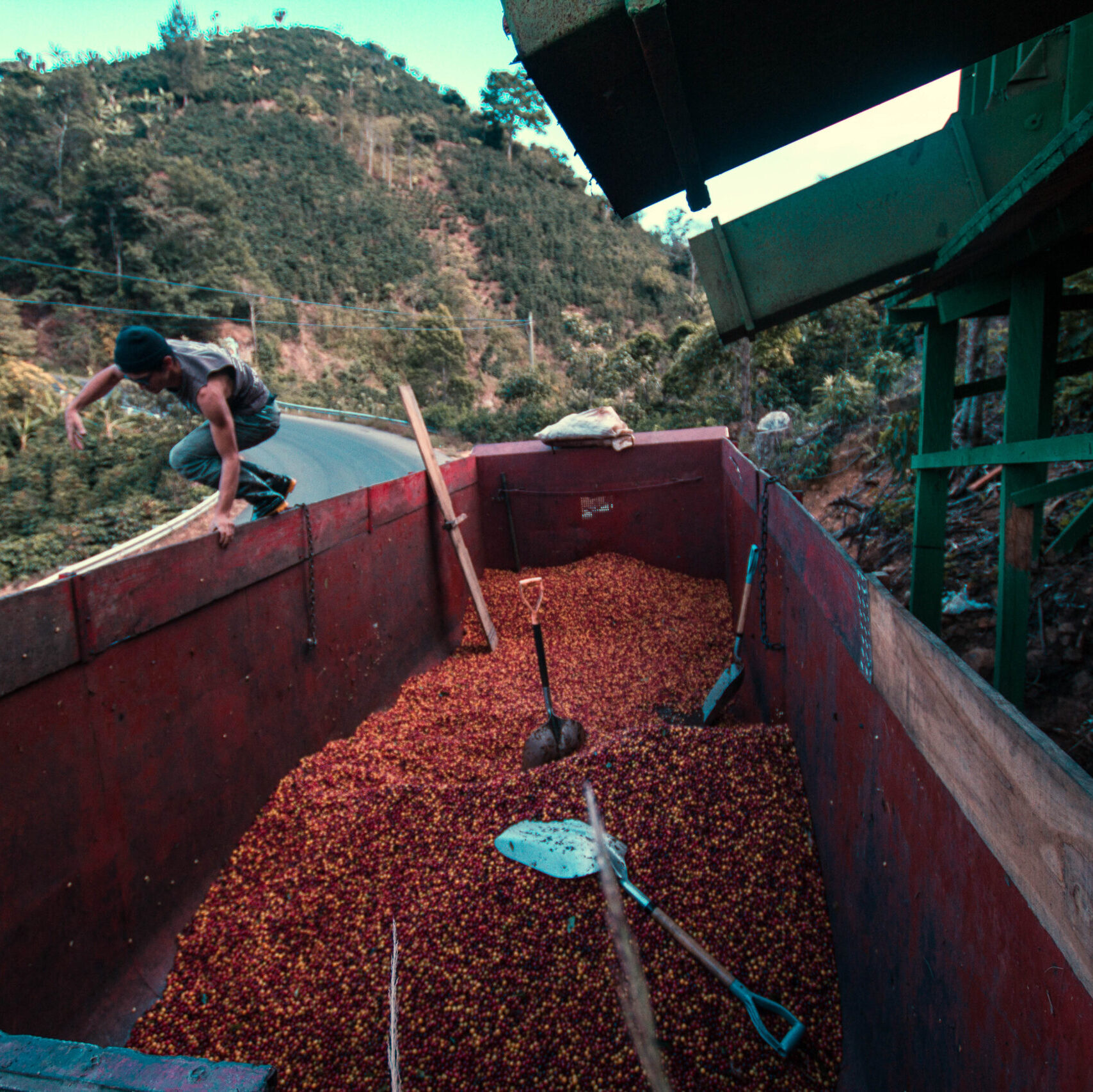




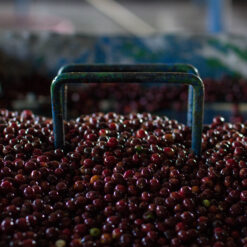
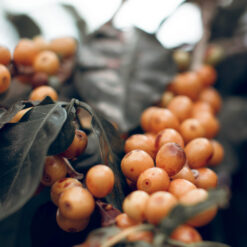
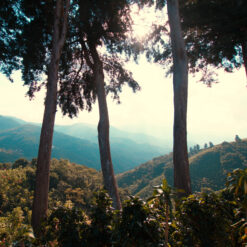
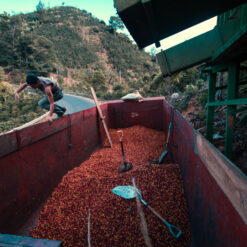





Customer Comments
“Love Cream City, and also Black Sheep. I’m not a coffee connoisseur, but they don’t have the unpleasant bitter aftertastes of other coffees.” -J.M.
“I really like the taste of the one I get: Cream City.” -E.D.
“Awesome coffee! Especially the Cream City blend.” -S.M.